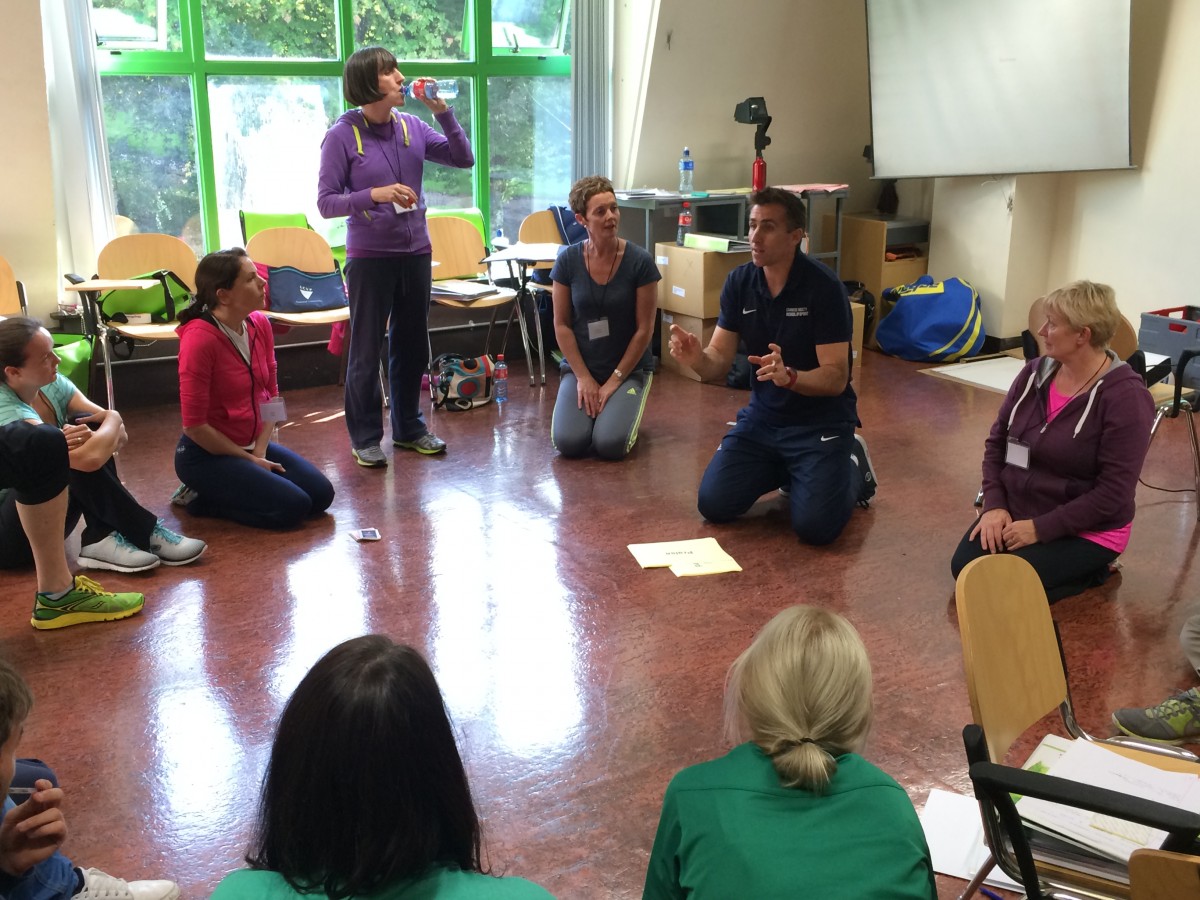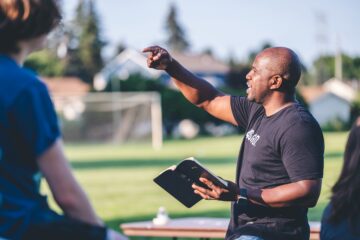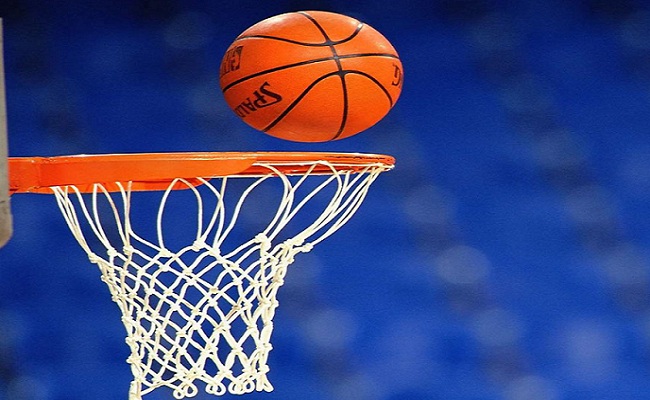Ten smart things we should be doing in the interest of better coach education – Part two

Here are ten things we should be doing in the interest of helping to educate the next generation of coaches:
- Teach coaches to listen to and understand the needs of each individual athlete they are working with. A lot has been written about Gen X and Gen Y and the one common theme that everyone has identified is the need to treat them as unique individuals. There are no more one size fits all golden rules about coaching, sports science, developing athletes……….we have to teach coaches to work with people!
- Don’t assume all coaches want to be elite coaches. We have a tendency to design courses so that they are not an end in themself but a preparation for the next levels of the coach education pathway. As a result, we often include stuff that is not relevant to the coaches current needs. We are teaching advanced aerodynamics to people who just want to learn how to make a good model airplane. Don’t assume all coaches will be in it for life. The majority of coaches around the world are not career coaches. They are usually some poor parent who got thrown in the deep end and got forced to coach the local team because no one else had the time or knowledge to do it.
- Teach the things that matter. Coaches do not fail because of a lack of heart rate monitors. And they do not succeed because all their athletes have a VO2 max test done every year. Coaching is about passion. About communication. About leadership. About listening. About caring. About creating the quality of confidence in young people. Who cares how many mitochondria a six year old gymnast has – they are flat out remembering to wear pants!
- Sustainable success in sport as an athlete is about character, values and human qualities – we must base coach education on how to inspire and teach these qualities in athletes. This is so obvious but for some reason it is too hard for course designers to grasp. Too many times we base our perception of talent on physical factors – “that guy is really fast” or “wow that kid has great hands” or “that guy is really strong”. But talk to experienced coaches about what matters in the long term and they talk about attitude, passion, drive, integrity, honesty, self belief and desire. So if we all know what we want the end product to be, why aren’t we designing coach education courses to help coaches produce it?
- Use resources and presenters which are appropriate and relevant. Who writes and presents a lot of the information we see delivered at coach education courses? National team level coaches and staff or academics recommended to us through the university system and neither group understands the needs of a local coach working with the Newport under 7 soccer team.
- Keep courses relevant and up to date. I know some sports that still teaching entry level coaching courses which have changed little since the late 1980s. With the Internet being so widely accessible, there are no excuses for allowing courses, information, presenters or resources to become out of date. Message to coach educators – stop being lazy!
- Scrap the competency based philosophy. Forget it. It is too un-weildy, too complex, too expensive and too confusing for anyone except for the largest sporting organisations to even contemplate introducing. Keep it simple. Assess coaches when they are coaching. We are not splitting the atom. We are just teaching kids to throw better, run faster, swim quicker and jump higher.
- Scrap the competency based philosophy. See above. Read it three times before proceeding.
- Spend as much time training your course presenters to be the best in the business as you do designing the courses they present! Think of the best teachers you ever had. Was it the content that made you love coming to their class? No – it was them and their unique, special way of delivering information. You can’t even remember what they taught you but they inspired something in you – they lit a fire which got you excited about learning. So the question is – do your coach educators excite coaches to learn and to be the best they can be?
- And now the most challenging concept…don’t teach WHAT – TEACH HOW. The content of coaching courses is usually promoted to course participants a “law” – i.e. what you learn in the course is the only way to coach athletes. This has to change.If we have learnt one thing it is that there are no “laws”, no “golden rules”, no “must do”, no “always”, no “never”, no “have to” in coaching. Courses need to be less definitive and less indoctrinating and more about teaching coaches to be creative, innovative and to do it their own way. Our current methods of pulling out the old coaching manual and teaching the “law of hockey according to Hockey USA” or the “law of swimming according to the German Swimming Association” stifle creativity, limit learning and restrict the potential of the coach – and ultimately limit the performance potential of their athletes and the progress of the sport itself.
There you go. Some ideas to put creativity back into coach education.
Wayne Goldsmith


5 Comments
The "Rock" · June 21, 2009 at 2:04 am
Brilliant article Boet!! As always you come up with one better than your last bst.
Well done.
Lyall · June 21, 2009 at 10:15 pm
YES – PLEASE SCRAP THE MONEY MAKING COMPETENCY QUALIFICATION PROCESS. IVE GIVEN UP TRYING TO WORK OUT THE SYSTEM HOCKEY HAS IN PLACE GREAT READ!
Brian · June 23, 2009 at 10:43 pm
I could not agree with you more, Wayne. I have been fortunate in being encouraged to think about what I am doing with my coaching, to be able to learn from some great coaches, and yes, every athlete is different individual with different needs.
Brian · June 23, 2009 at 10:43 pm
I could not agree with you more, Wayne. I have been fortunate in being encouraged to think about what I am doing with my coaching, to be able to learn from some great coaches, and yes, every athlete is different individual with different needs.
Best Regards
Brian
Wayne Goldsmith · June 25, 2009 at 10:22 am
Thanks for comments guys.
It’s amazing how much money sports and nations are spending on coach education and development but merely repeat the same stuff that hasn’t work in other places.
Lots of great ideas about educating people out there – let’s start using them with our next generation of coaches.
WG